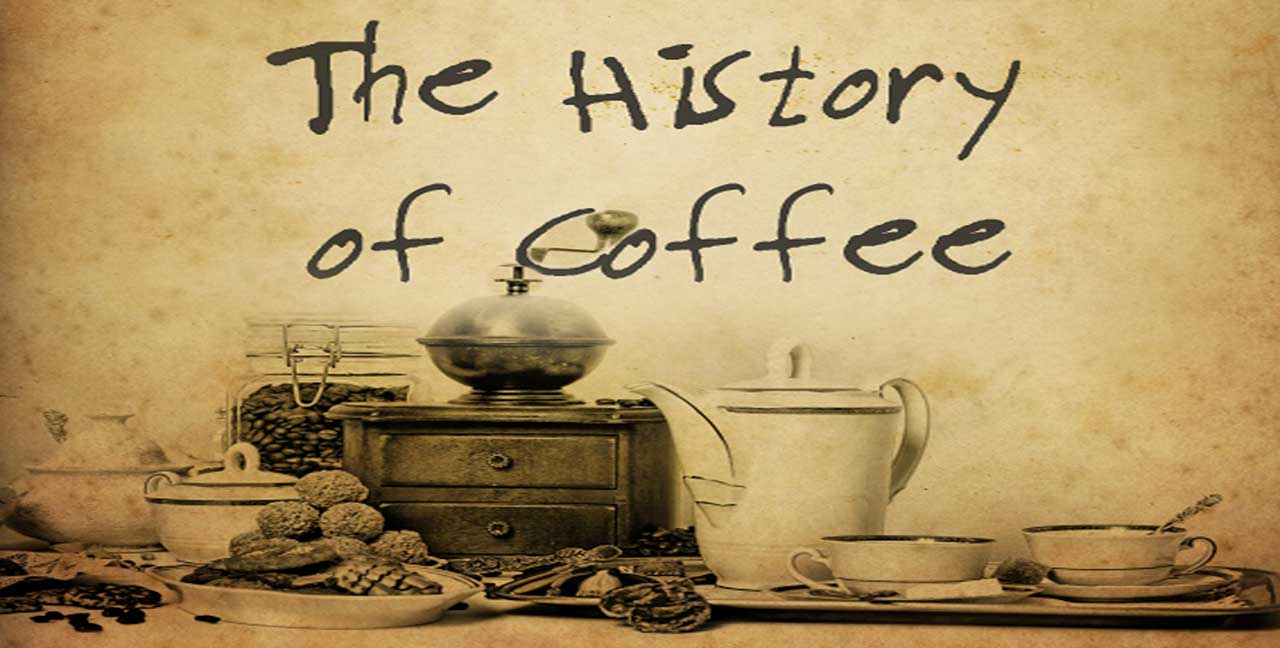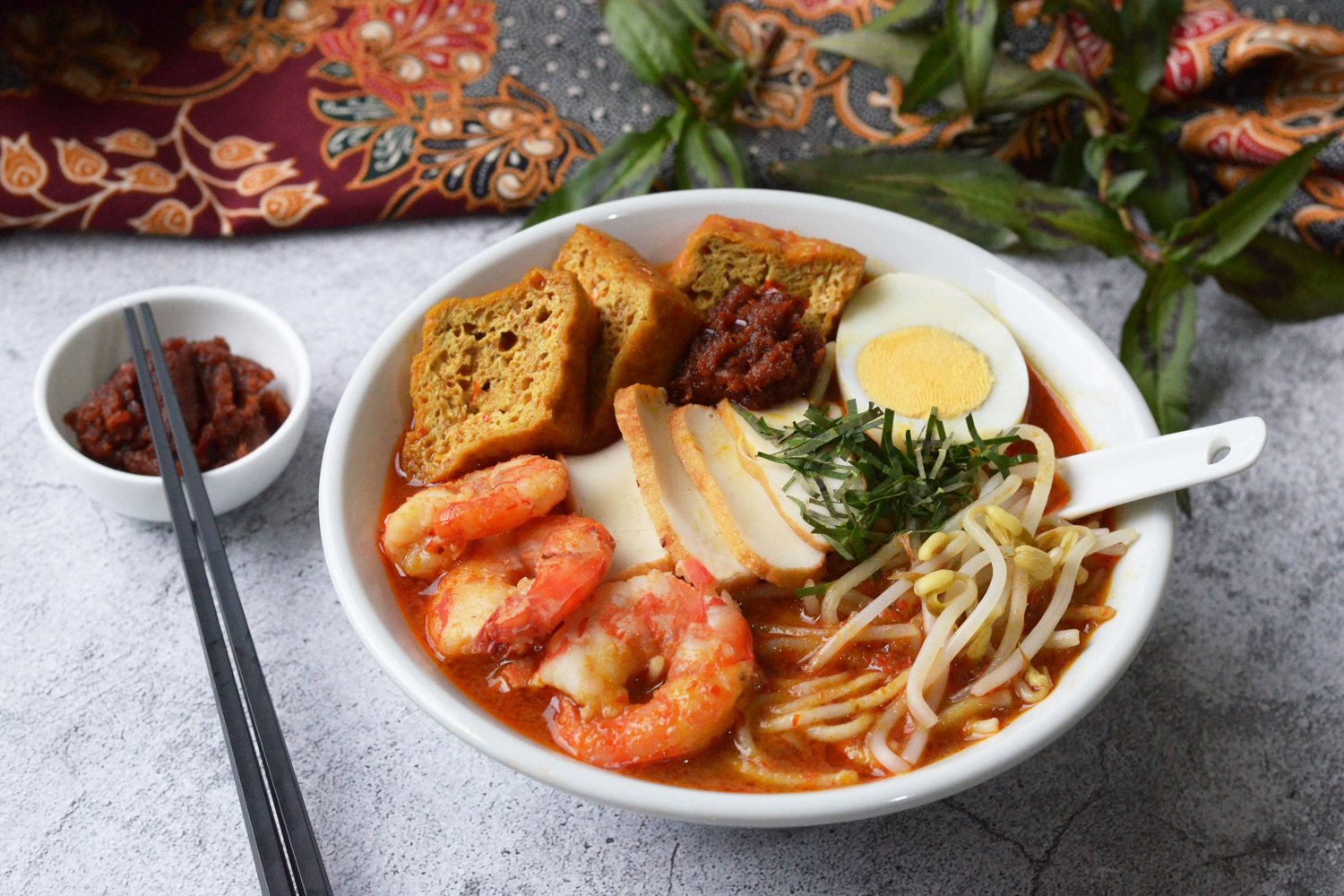pokomde.info – Coffee is more than just a morning ritual for millions; it is a cultural phenomenon with a rich and complex history that spans centuries and continents. From its mythical origins to its status as a global commodity, the story of coffee is one of discovery, trade, and transformation.
Origins: The Legend of Kaldi
The history of coffee is often traced back to the legend of Kaldi, an Ethiopian goat herder who discovered the coffee bean in the 9th century. According to folklore, Kaldi noticed that his goats became particularly energetic after eating the red berries from a certain tree. Curious, he tried the berries himself and experienced a similar invigorating effect.
Kaldi shared his discovery with a local monastery, where the monks began brewing a drink from the berries to help them stay awake during long hours of prayer. While the tale of Kaldi may be apocryphal, it highlights the early connection between coffee and energy.
The Rise of Coffee Culture
By the 15th century, coffee was cultivated in the Arabian Peninsula. Yemen became a central hub for coffee trade, and Sufi monks used the stimulating beverage to enhance their religious practices. The coffeehouses, known as “qahveh khaneh,” sprang up in cities like Mecca and Medina, becoming vibrant social spaces for conversation, music, and intellectual discourse.
As coffee’s popularity grew, so did its spread. By the 16th century, it made its way to Persia, Turkey, and North Africa. The Ottoman Empire played a crucial role in popularizing coffee across Europe through trade routes and diplomatic relations.
Coffee in Europe: A Controversial Brew
Coffee reached Europe in the 17th century, where it was met with a mix of enthusiasm and skepticism. Some deemed it a “bitter invention of Satan,” while others praised its stimulating properties. The first coffeehouse in England opened in Oxford in 1650, and by the late 17th century, coffeehouses were thriving in major cities like London and Paris. These establishments became known as “penny universities,” where for the price of a cup of coffee, patrons could engage in lively discussions about politics, philosophy, and science.
The rise of coffee culture in Europe also coincided with the Age of Enlightenment, as thinkers like Voltaire and Rousseau frequented these coffeehouses, using the stimulating drink to fuel their creativity.
The Coffee Trade: Colonization and Expansion
As demand for coffee surged in Europe, so did the desire to cultivate it on a larger scale. European colonizers established coffee plantations in the Caribbean, Central America, and South America, often relying on enslaved labor. The coffee trade became a significant part of colonial economies, and the beverage’s status as a luxury item continued to grow.
Brazil emerged as a coffee powerhouse in the 18th century, eventually becoming the world’s largest producer. By the 19th century, coffee was deeply entrenched in global trade, with countries like Colombia and Ethiopia contributing to its diversity.
Modern Coffee Culture
The 20th century brought about significant changes in coffee consumption and production. The invention of instant coffee during World War II made the beverage more accessible, and the rise of specialty coffee in the late 20th century transformed the market. The emergence of brands like Starbucks popularized café culture, promoting high-quality coffee and unique brewing methods.
Today, coffee is celebrated not only for its flavor and aroma but also for its role in global economies and cultures. From single-origin brews to innovative brewing techniques, the coffee industry continues to evolve.
Conclusion
The history of coffee is a fascinating tapestry woven with stories of discovery, trade, and social interaction. From its mythical origins in Ethiopia to its status as a global staple, coffee has shaped cultures and economies around the world. As we sip our favorite brews, we partake in a centuries-old tradition that connects us to countless generations of coffee lovers.








